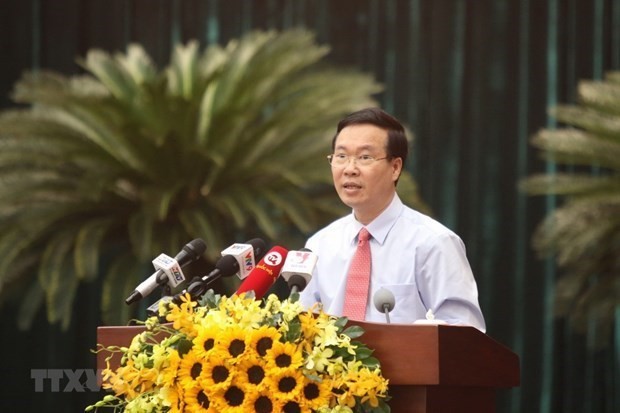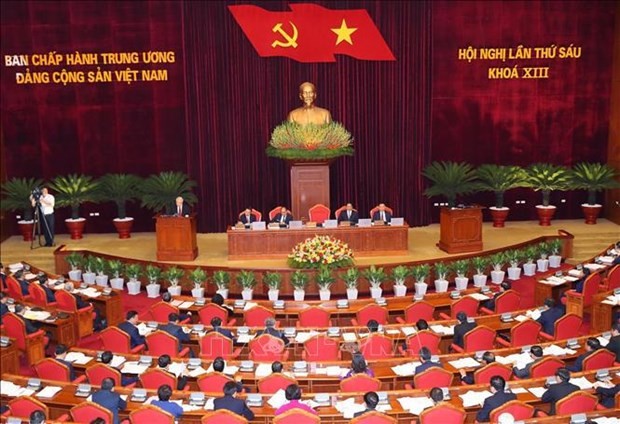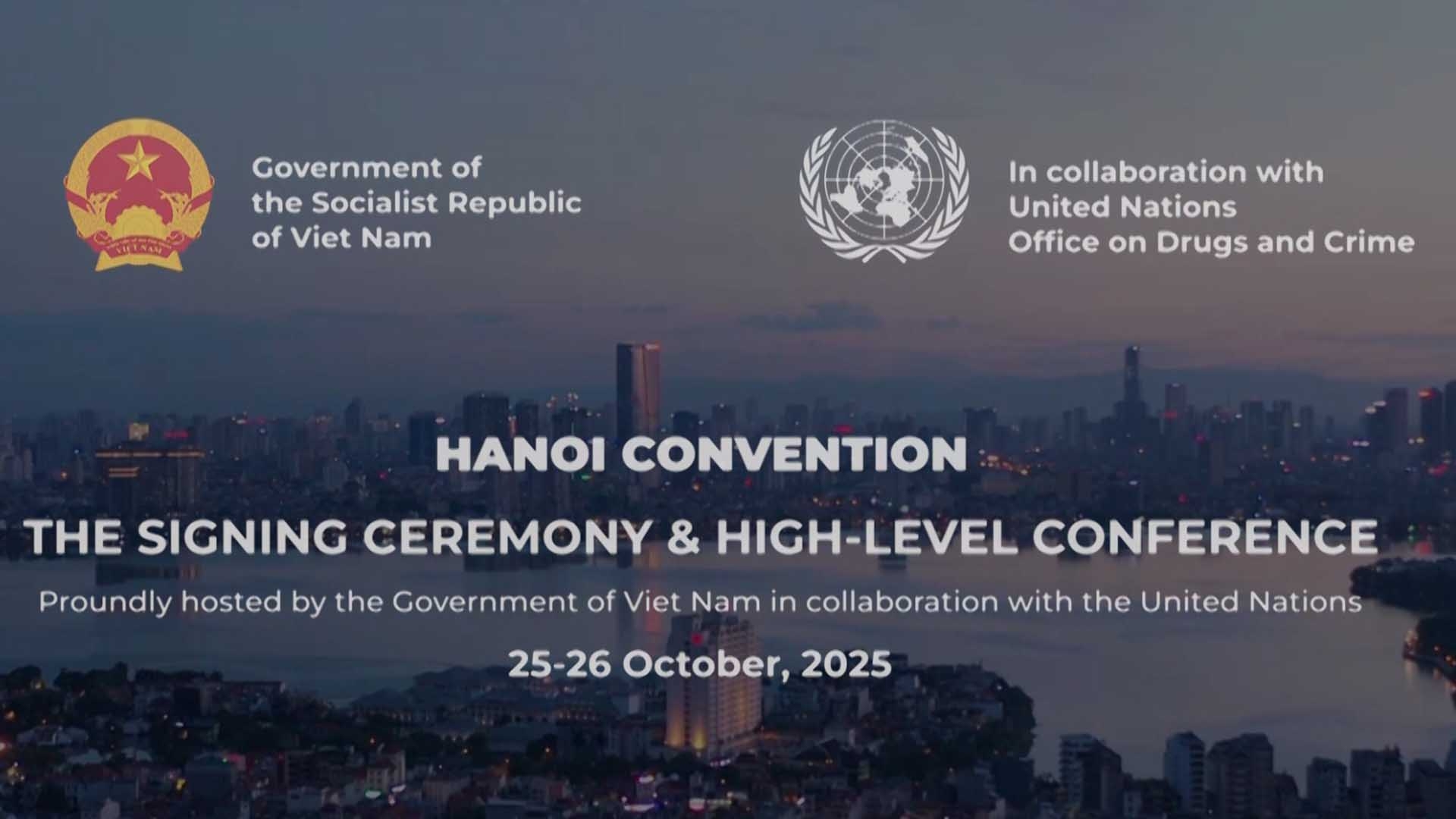
New Regulation on confidence vote issued with stringent requirements: Op-Ed
Latest
 |
| New Regulation on confidence vote issued with stringent requirements: Politburo member Vo Van Thuong, Permanent member of the Party Central Committee’s Secretariat, on behalf of the Politburo, signed to issue Regulation No. 96-QD/TW on February 2, 2023, replacing Regulation No. 262-QD/TW dated October 8, 2014. (Photo: VNA) |
Politburo member Vo Van Thuong, Permanent member of the Party Central Committee’s Secretariat, on behalf of the Politburo, signed to issue Regulation No. 96-QD/TW on February 2, 2023, replacing Regulation No. 262-QD/TW dated October 8, 2014.
With amendments and supplements, the new Regulation requires a high sense of responsibility from officials who get votes of confidence, voters, and competent agencies and organisations.
Stringent regulations
The new Regulation maintains viewpoints and principles of the previous one, aiming to ensure the Party leadership and the implementation of the principles of democratic centralism, criticism and self-criticism, as well as democracy, objectiveness, fairness, publicity and transparency in confidence vote, and the use of its results, which must be reported to competent agencies and publicised in line with regulations.
However, Regulation No. 96 has been also upgraded. It called the confidence vote an important part in assessing the performance of officials, which is conducted regularly. Meanwhile, Regulation No. 262 considered it an important information reference channel for the evaluation and assignment of officials.
Under the new Regulation, officials who secure more than half but fewer than two-thirds of the low confidence votes must be removed from the personnel planning for higher positions by competent authorities. They also will be relieved from their present posts, assigned to new tasks or allowed to resign or entitled to confidence vote in accordance with regulations. Those who get two-thirds and above of the low confidence votes will be discharged from their current positions and assigned to lower posts even when their terms have yet to end.
The old Regulation stipulated that officials with more than 50% of the low confidence votes must be excluded from the personnel planning for higher positions, and given suitable tasks. Those with two-thirds and above of the low confidence votes need to be quickly considered, and will be allowed to resign or relieved to take on another task if they fail to fulfill work requirements, without waiting for the end of their terms or working age.
High sense of responsibility
Regarding the responsibility for votes of confidence, both Regulations stressed the prohibition and strict handling of wrongdoings and falsification of the confidence rating or taking advantage of the votes to undermine the reputation of others as well as internal solidarity.
 |
| New Regulation on confidence vote issued with stringent requirements: At the opening ceremony of the 6th plenum of the Party Central Committee. (Photo: VNA) |
However, Regulation No. 262’s Article 1 on viewpoints and principles prescribed the responsibility of all-level Party Committees and organisations, agencies, units and leaders. Regulation 96 supplemented the responsibility of those who get the confidence vote and balloters.
The supplements come from the Politburo’s new regulations saying votes of confidence hold significance as they can directly and instantly decide the political life of the targeted persons.
The officials with low confidence must be considered to be removed from the personnel planning, allowed to resign, relieved or assigned to lower posts even when their tenures have yet to end.
The new requirements have challenged each leader and manager, forcing them to self-evaluate their political will, morality, lifestyle, public behaviour, ability to promote internal solidarity, performance in the fight against corruption and other negative phenomena, and observance of rules for Party members.
The officials that win high confidence votes should show their observance of rules and principles of organisation and operation of the Party, especially those on democratic centralism, criticism and self-criticism; follow the assignment of their agencies; and abide by regulations of all-level Party Committees and organisations, and agencies and units. They also should be dynamic, innovative, creative and decisive; dare to think and dare to do, and dare to bear responsibility in performing their assigned tasks. Votes of confidence should not make them elude handling thorny, complex, sensitive issues.
Regulation 96-QD/TW also requires balloters to show a high sense of responsibility. They must be objective and honest enough to go beyond private relations and group interests as the votes mirror the reputation and capacity of leaders.
Either group interests or group division make the principles of “democratic centralism, objectiveness, fairness and publicity” in confidence vote meaningless.
In fact, there have been officials who dare to think and dare to act and are dynamic and creative, but lose votes of confidence as their protection of common interests has been hindered by group interests.
Therefore, agencies and organisations concerned should get objective, comprehensive evaluation of issues to ensure the confidence vote take place practically in line with the new Regulation, contributing to raising the trust of officials and Party members, and people in the Party.













